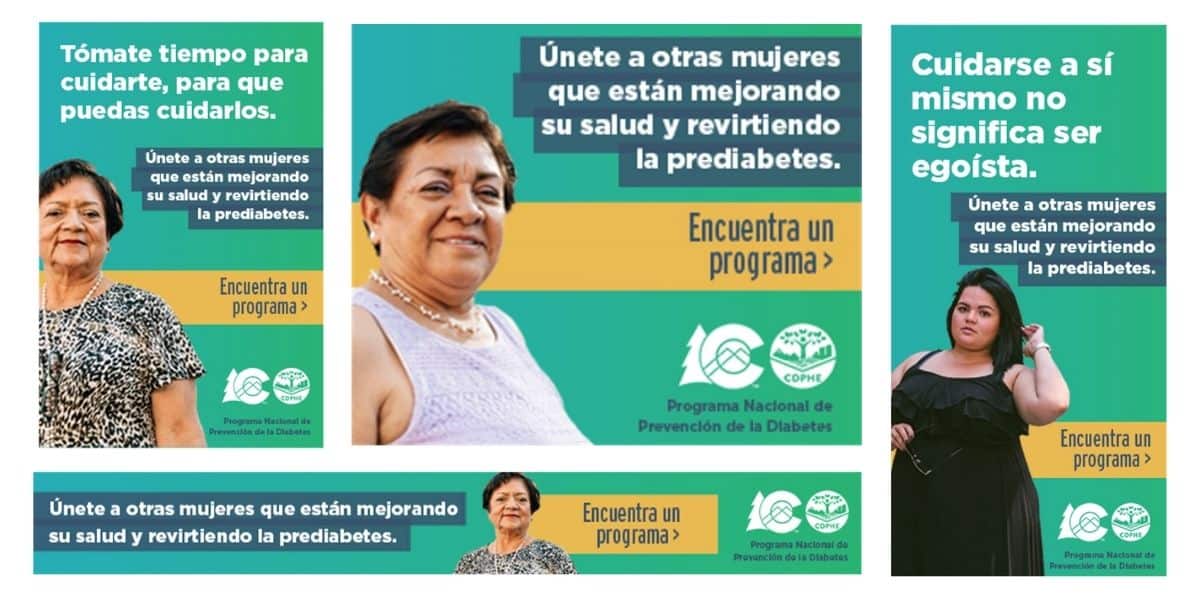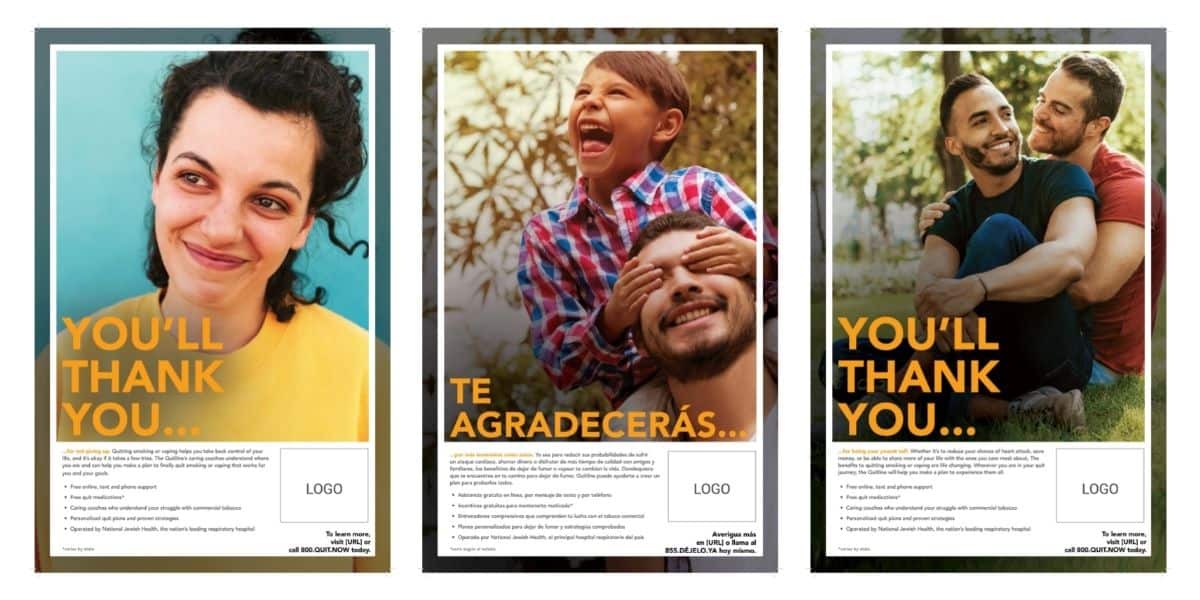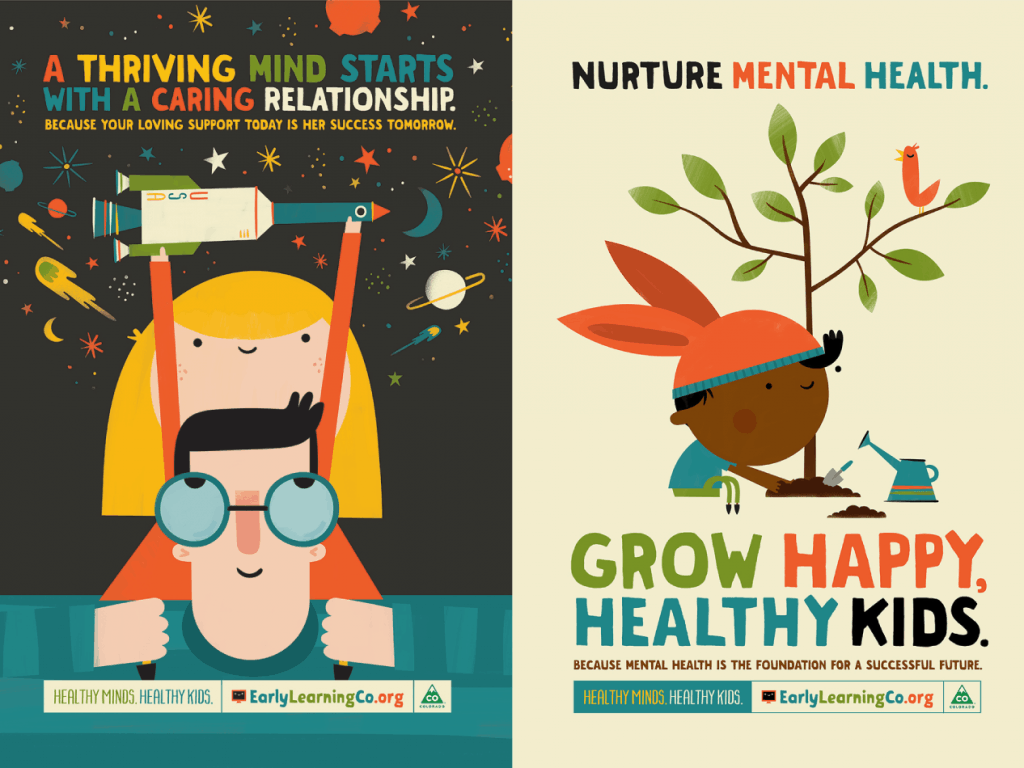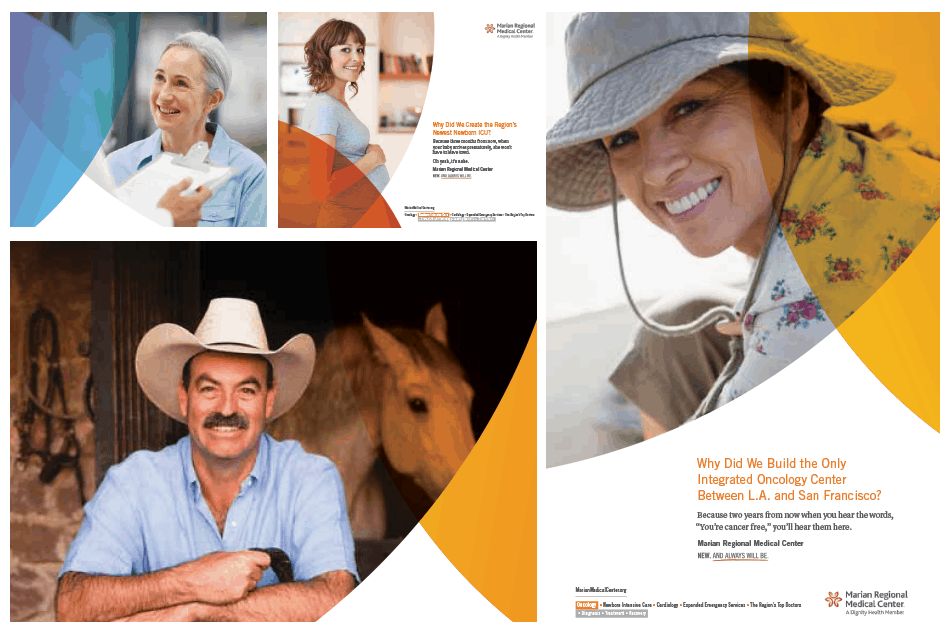SE2’s newest principal, Alvina Vasquez, interviewed SE2 Principal Susan Morrisey in her latest podcast, Alvina Talks Shift. Susan shared her experiences working with the late Congresswoman Pat Schroeder, a champion for the rights of women and families, and reflected on the sometimes-lengthy battles for policy change. She also discussed the importance of commitment to long-term advocacy, challenges and misconceptions faced by women in political and business spaces, and the significant impact of mentorship in her own career.
Begin Transcript:
Alvina Vasquez:
Let’s talk about creating a life and country we’re proud of together. I’m your host, Alvina Vasquez. Welcome to Alvina Talks Shift.
Today I have a very special guest, Susan Morrisey. We’ve been working together for around three years, but now are partners since I sold my business to SE2.
I’m so excited to have you on, Susan, because I feel that you and I have similar backgrounds in the political and nonprofit space. So, I want to explore that a little with you today and where you think the future is for communications, marketing, and PR.
But first, I want to tap into your experience of working with the late Pat Schroeder, who was given credit for mentoring a lot of young people when she was in Congress. That was a time when very high-profile things were happening that really changed the trajectory of women in the workplace. Like the case involving Clarence Thomas: We learned about hostile work environments and all these new terms that changed how women were interacting and interfacing in professional settings.
Susan Morrisey:
Yes, it was an interesting time for women and in my own career. There were a lot of high-profile issues affecting women and families. Pat had been working on the Family and Medical Leave Act at that point for many years, and it finally passed – groundbreaking legislation that made sure that people didn’t have to choose between going to work and taking care of important family needs, like the serious illness or death of a loved one, or the birth or adoption of a child.
So, there were some pivotal as well as some negative things happening with respect to women. Sexual assaults in the military became a very high-profile issue. As you mentioned, Clarence Thomas and the treatment of Anita Hill when she testified before Congress, and the Violence Against Women Act. Pat was that champion who was unafraid to take on some of these issues, whether it was defending women or working to advance the rights of women, including taking care of their families. She never shied away from these issues and was a champion until the end.
AV:
And just to highlight how long these fights take, in Colorado paid family leave was only passed in 2020, just four years ago. That expands the rights for workers to take time off for, like you said, death, family illness, adoption in addition to having a child or even taking on family children. So that’s how long it takes to win some of these battles.
SM:
Yes, and I think advocates, including those who are working on behalf of women and family issues, have to be committed to the long haul. When I think about some of the women I was fortunate to work with on these issues when I was working with Schroeder, many of them are still doing that same work today. Childcare has taken on a whole new level of importance in the collective conversation now, especially since COVID happened, and there’s just much more attention being given to that issue. But I remember working with Anna Jo Haynes, who was a fierce and relentless advocate for quality childcare 40 years ago. So, these things do take a long time and you might be looking for incremental change at a policy level year after year. You just have to stay committed to the fight.
AV:
It’s interesting that you bring up Anna Jo, because she is a huge influential person in our community. I think she’s credited with so many big wins for children and education. So, I’m glad you brought that up because it makes me think about the impact of that generation of women leaders, and how we can take those stories to younger women so that they can carry on the torch.
SM:
Yes, I have a daughter who just turned 27, so I get to interact with the young feminists of today – and they do use the word “feminist”. For some time that term carried sort of a negative connotation. But young women today do care about important issues, whether they’re issues that affect women specifically or not. Issues like abortion rights are very important to young women and they may not have fully appreciated, 10 years ago in their lives, the magnitude of some policy decisions being made – in Congress, at the state capitol, or in the courts. As they come into adulthood, however, I think they really get it.
What I would tell young women today that are thinking about how they can become involved in community issues is that you have to stay committed to that long game. Their lives change so dramatically, from the time they go from being children to teens to young adults. The idea of working on an issue for years might seem daunting to young people, in a world where everything around them, in the media and their own lives, changes so quickly. But it can take years or even decades to really change an issue. So, staying committed over the long term – being unafraid to say what you mean and mean what you say, and not being afraid to be called a feminist or somebody who is loud and really using their voice – that’s what our voices are for.
AV:
Speaking of longevity, you’ve been with SE2 for 25 years, right? You all have been around changing lives for 25 years! What made you switch from working on policy issues to being more on the marketing/ communication side of things?
SM:
Well, you’re right: We have been doing this work for 25 years. I’ve been with SE2 for about 23 years, and it really was a seamless transition for me. Working for Pat Schroeder, I got to understand the power and influence that communications can have on important issues. So, I was just able to move pretty seamlessly into the work that we’re doing today because the common thread is talking about important issues. However you’re doing that, whether it’s through media, or through in the work that you do, Alvina, with community outreach – if you’re doing something that you really care about, that transition seems easy. It may not have seemed easy at the time, but when I look back, it really was easy because I was doing something that I loved.
AV:
What were some of the challenges or differences between working in the political space and the business space, especially as a woman?
SM:
There are many more women in policy work and politics today than when we were younger, so that has been interesting to watch. What is the same is that women who really use their voice and are unapologetic about saying and standing up for what they believe are still called “shrill” or even the B word. Women even today are still called those things if they’re very fierce. So, while there are more women in that space, some of the criticisms continue to be the same.
I do think there is a balance that you have to strike when you are a woman in business – between bringing those skills and attributes that are really a natural to women, like hearing a room and mediating differences, with digging in and really advocating for what you believe and being tough. Because in many respects, the business world continues to be a man’s world, and in my experience, men are not necessarily going to wait for you to advocate for what you believe. You have to get out there and do it yourself.
AV:
So, in our conversations, you’ve mentioned to me that you were part of a cohort that provided support to business leaders like yourself. Let’s talk about mentorship and how mentorship never ends. I’ve talked about this with other folks as well and think that at all levels of our career, we should always be looking around for those kinds of support. When have you done that during your career and what was most impactful about those experiences?
SM:
One of the most important mentors I ever had was my mother. Before she passed away five years ago, my mom had her own business. She was a consultant, and I did everything in her office growing up and as a teenager. I traveled with her and would see her just being a woman in business. So, being around other women in business, I think, is important. Whether you call it an official mentorship or not, I learned so much from watching. It was a mentorship that I didn’t really ask for, but inadvertently received and it had probably the most profound influence on my life as a woman in business. But I’ve had other important mentors that are men. I have learned a great deal from our partner, Eric Anderson, who I’ve worked with now for almost 25 years, and have gained so much from those relationships with male mentors as well.
AV:
It’s almost like when you’re in these spaces, you just have to absorb what’s happening around you and just be aware of decisions that people are making, listen to how they’re interacting with the client, and just pick up on those little things. Also, recognizing we’re not perfect and we’re all just trying to do our best, at the end of the day.
What do you do when you have a bad day or if something goes wrong? How do you recover from that?
SM:
Well, I want to come back to that in a second. But before I forget it, I want to follow up on something you said in terms of the little things that you pick up by just being with someone, observing them as they do their work. I think a real, very significant change occurred with COVID and everything that is still with us in the business world post-COVID. I believe young people in business today are at a disadvantage because they’re not working in an office with people who have been doing their work longer than them. Not being able to collaborate and work around people in person, I believe, is impacting people in business today. I don’t know if we’ve fully seen the effects of that.
And then back to your question about what I do when I am having a bad day. I am not going to lie: I have had many bad days in my career – days where I had to go get in my car and drive around because I thought I was going to cry at work. I’ve had those experiences. Sometimes just a change of location helps. And talking things through with others, whether it’s coworkers or other people, not even coworkers, can help me get through some tough experiences.
And lastly, the thing that I think is just the greatest gift to all of us is that we live in Colorado. So, just getting outside: It does wonders when you’re having a bad moment. Go for a walk. It’ll change your outlook on the day.
AV:
Yeah, I feel like we should all take our jobs and ourselves seriously, but never so seriously that the rest of the day is going wrong because we’re unable to recover. We’re obviously all trying our best. If we fail at something, in the big scheme of things it’s not going to have a huge impact. And we can make somebody else’s day better by just moving through it.
I had a speech coach that told me I cry a lot. I’m a crier. She said, “If you ever are crying in a speech, just keep talking. That’s the only way for the crying to go away.” I feel like that’s a good lesson for life: Just keep going, keep talking, and try to get through it until it goes to the back of your mind and you’re able to recover and get back to doing whatever you need it to get done that day.
SM:
Absolutely. Whatever terrible thing happened today, whether it was your responsibility or not, in the scheme of things, you’re right: It’s not going to be a big deal when you look back on it.
AV:
I feel like it’s like the rear-view mirror thing. Things in the rear might look closer than they appear, but those things are way back. Just move on.
Well, we’re running out of time, but I wanted to talk a little bit about what do you do for fun. I see you in the office a lot and we’ve done business meetings together, but I want to know more about you. What do you do when you’re just having a day off?
SM:
I have a horse, and it is the thing that just makes me so happy. I get outdoors a lot and try to be active, whether it’s walking or skiing or going up to the mountains. Whatever I can do to be outside is energizing for me.
AV:
Well, Susan, I really appreciate it this time. Thank you so much for taking a chance – for bringing me into the fold and making me a part of SE2. It’s a huge opportunity and I’m so excited about all the things that we can do together.
I remember the first time we talked on the phone: I hung up and said to a coworker of mine, “This is going to be a big deal.” I am so glad this came to fruition and now I’m part of the SE2 team.
SM:
Yes, absolutely. You are bringing a whole new perspective and vitality and network to the work that we do, and I’m so excited.
AV:
Thank you, Susan.
Now concludes another great episode of Alvina Talks Shift. Thank you for watching. Please like, share, and subscribe. And, as always, engage, empower, and evolve.
If you like this episode or if you want more content like this, go to alvinatalksshift.com or wherever you listen to podcasts.





